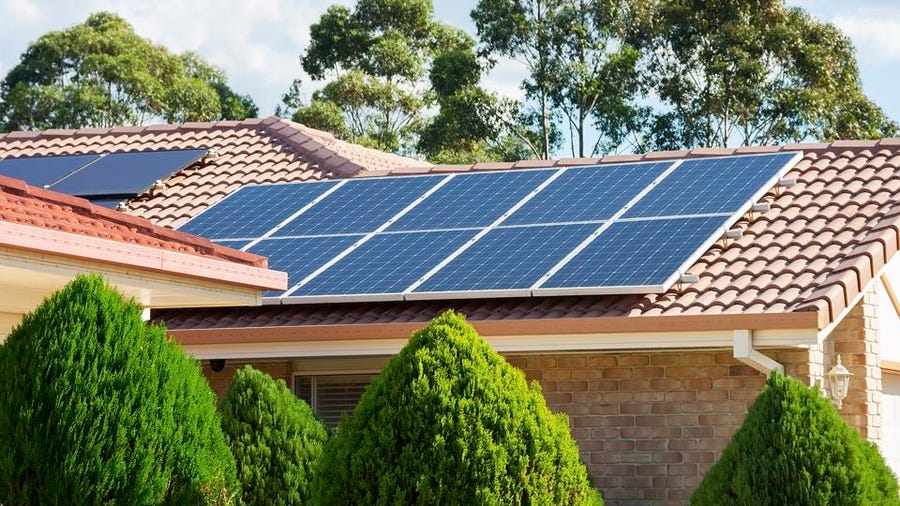
Residential
Rooftop solar plants are easy to install and require minimal maintenance. The electricity produced in excess can be sold to the grid through net-metering facility directly impacting the existing electricity bills.
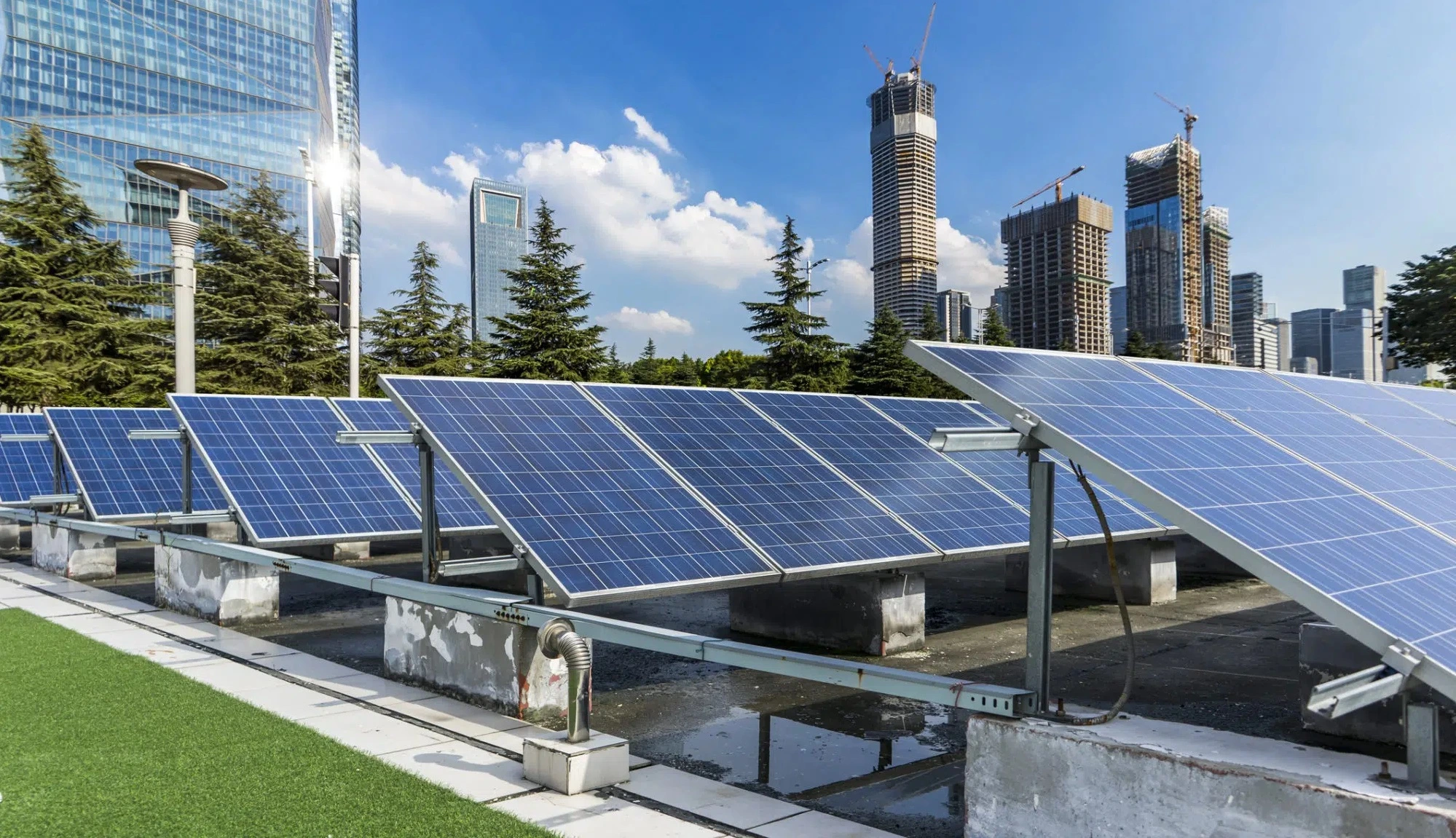
Commercial
Electricity costs constitute a significant share in overall operating costs for a commercial establishment. Most modern offices have large number of computers & other electronic devices, centralized HVAC systems, etc., that has to run continuously for general day to day operations resulting in high electricity costs. This cost increases exponentially with increase in size of building and manpower. Rooftop solar plants in recent times have emerged as the ideal solution to reduce expenditure in electricity bills by as much as 70%
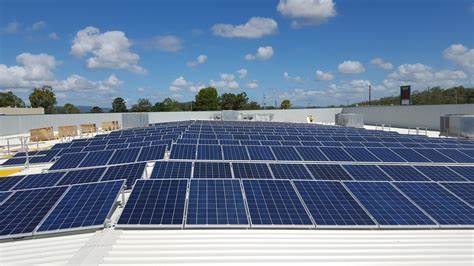
Industrial
Rising overhead costs cause a dip in a company's profitability. Our solar power solutions help industries, reduce electricity bills and divert the funds to use more productively. They also provide consistent electricity output for seamless business operations. It reduces peak loading of the grid following to which the variable cost is also reduced.
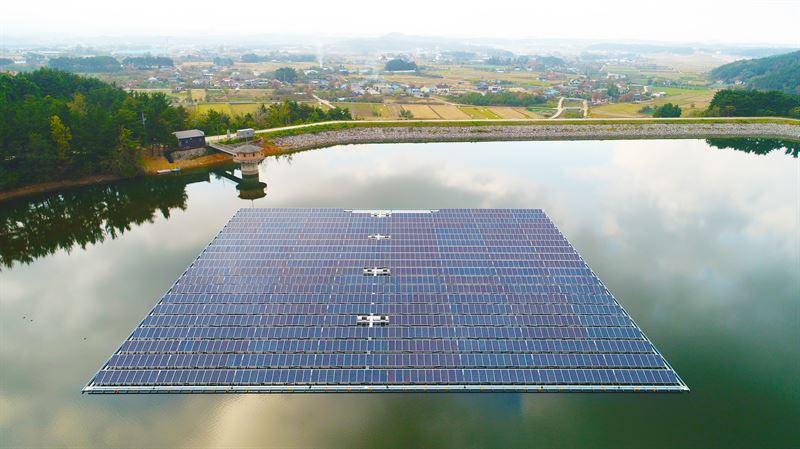
Floating Solar Solutions
A significant benefit of floating solar is that it doesn't take up valuable space on land-meaning that it can be used for other purposes, such as farming or construction. Installing floating solar farms on bodies of water, such as reservoirs, avoids this issue. Another benefit is that bodies of water exert a cooling effect, which improves the performance of solar photovoltaic panels by 5-10 percent. Over time, this translates into significant cost savings. Other potential benefits include reduced shading, reduced civil works, reduced grid interconnection costs, reduced water evaporation, improved water quality, and reduced algal blooming. Generating renewable energy through floating solar farms is likely to grow as an important part of the effort to address climate change. As the technology develops, the costs and technical challenges are expected to fall. Demand for floating solar power will also increase, especially in response to global population growth and urbanization.

Petrol Pump Solar Roof Top Solutions
Pumps usually consume a lot of electricity as they have to function 24 hours. Petrol pumps in India often rely on diesel generators which are expensive and do not provide instant back-up. A 10kva generator may take 1.5 liters of petrol per hour. On the other hand, solar power system comes at half the cost as it provides free solar electricity for 2 decades. Most petrol pumps, who install solar, recover the full cost of solar installation in less than 3 years Off-grid solar package is very popular among petrol pump owners in India. The package consists of Solar PCU, batteries and Solar panels. Batteries store the solar energy generated by PV panels and provide 24 x7 backup to petrol pumps
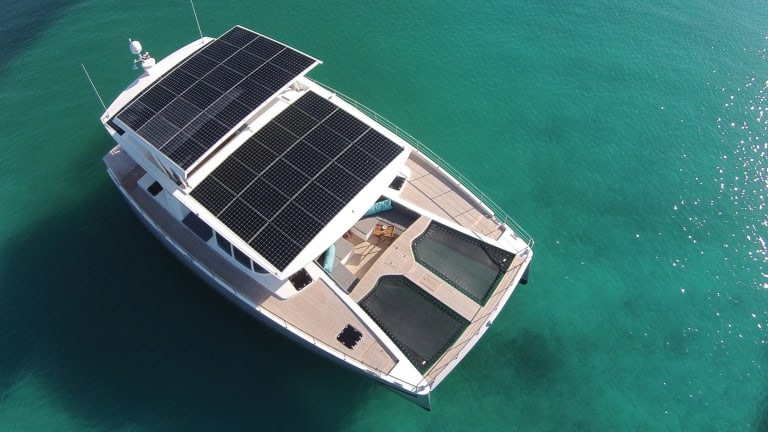
Solar Powered Boats
Boats have traditionally been propelled by manpower,such as using paddles, by wind or motor, such as using gasoline. With time, that propelling agent has advanced,and today, we even have solar-powered boats that harness the suns' energy as part of moving towards environmental sustainability.Therefore, this means that solar boats are boats that get their energy from the sun - by the use of solar panels and storage batteries to transform sunlight into electrical power, which powers the boat. For this reason, energy-efficient and environmentally friendly alternative which eliminates the use of fossil fuels
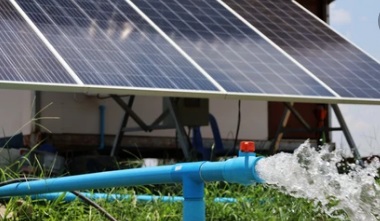
Solar Pump
Nowadays, clean and consistent water supply is mandatory however the number of people at present not have this basic provision. The solar pump using a solar energy system is an attractive technology with environmentally as well as socially for supplying the water in remote locations. So this is always an economically chosen technology. Generally, remote places mainly depend on diesel engines, manpower for supplying the water. These pumps replace the present pumps to provide many benefits like weather-related, and socioeconomic. These pumps are mainly applicable in irrigation, and water stock
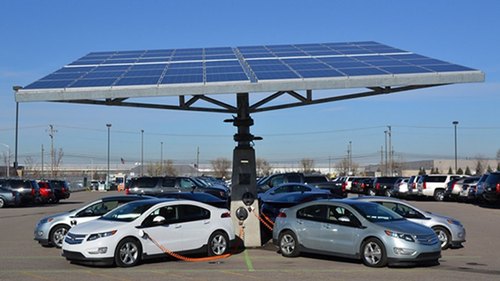
Solar EV Charging Stations
Electric vehicles have been rapidly gaining popularity as they are an eco-friendly alternative to gasoline driven cars. Studies also suggest that, Electric Vehicles (EV), as compared to fossil fuel cars, have considerably lower greenhouse gas emissions that can even be brought down to zero, provided green electricity is used for charging of EVs'. Tapping the abundantly available solar energy and its application as a power source for Electric Vehicles has become a necessity rather than a mere option for combating the hazards of environmental pollution. One of the most powerful use-cases, in this context, is 'Solar Powered' Electric Vehicle Charging Stations